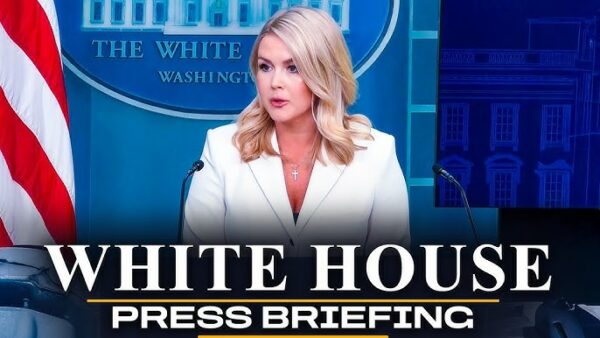WASHINGTON D.C. – In a significant victory for press freedom, a federal judge has ordered the White House to immediately reinstate full access for journalists from The Associated Press (AP) to presidential events and premises, including the Oval Office and Air Force One. The ruling, delivered Tuesday by U.S. District Judge Trevor N. McFadden, found that the White House’s decision to bar the news organization was a violation of the First Amendment.
The unprecedented move by the administration to restrict access for the AP stemmed from the news agency’s continued use of the term “Gulf of Mexico” in its reporting, defying President Trump’s executive order renaming it the “Gulf of America.” The White House had explicitly stated that AP journalists would be denied access to certain events until the organization adhered to the president’s preferred terminology in its Stylebook.
Judge Slams “Viewpoint-Based Denial”
In a strongly worded 41-page order, Judge McFadden, a Trump appointee, asserted that the White House’s actions constituted a “viewpoint-based denial of the AP’s access,” which directly contravenes the First Amendment’s guarantee of freedom of speech and the press.
“[U]nder the First Amendment, if the Government opens its doors to some journalists – be it to the Oval Office, the East Room, or elsewhere – it cannot then shut those doors to other journalists because of their viewpoints,” Judge McFadden wrote. “The Constitution requires no less.”
The judge emphasized that while the AP does not have a constitutional right to enter the Oval Office, it does have a right not to be excluded based on its editorial stance. He stated that the White House had “singled out the AP because of its refusal to update the Gulf’s name in its Stylebook” and offered no other legitimate reason for the exclusion.
Impact on AP’s Reporting
Testimony during the preliminary injunction hearing revealed the tangible impact of the White House’s restrictions on the AP’s ability to cover news effectively. The wire service, a cornerstone of global news dissemination, argued that its inability to have reporters and photographers present at key events put it at a significant disadvantage compared to its competitors, hindering its capacity to break news and provide timely visual coverage.
Judge McFadden acknowledged these concerns, noting that the access restrictions had “cut deeply into the AP’s business, both financially and in terms of lost opportunities.” He stated that the AP had been “economically hemorrhaging” due to the denial of access.
White House Response and Future Implications
While the court order demands immediate action, Judge McFadden has put a five-day stay on its implementation, giving the White House time to seek emergency relief from a higher court or prepare to comply with the injunction. As of Wednesday morning in Bucharest, the White House has not yet issued a formal statement on the ruling.
AP spokesperson Lauren Easton welcomed the court’s decision, stating, “Today’s ruling affirms the fundamental right of the press and public to speak freely without government retaliation. This is a freedom guaranteed for all Americans in the U.S. Constitution.”
The case has broader implications for the relationship between the White House and the press. The First Amendment protects the press’s right to report on the government without fear of reprisal based on its viewpoint. This ruling serves as a reminder that while the White House controls access to its premises and events, such control cannot be used to punish news organizations for their editorial decisions.
The decision also highlights the ongoing tensions between the Trump administration and the established news media, with the White House increasingly favoring conservative outlets and attempting to control the narrative through various means. This legal challenge by the AP underscores the crucial role of the judiciary in safeguarding the principles of a free and independent press. Sources and related content

